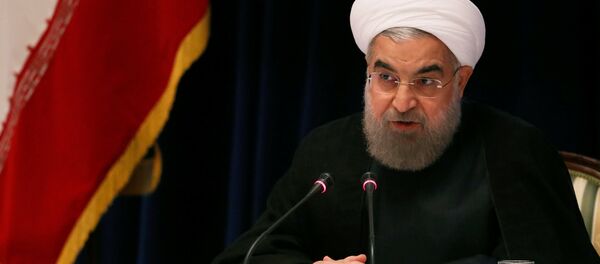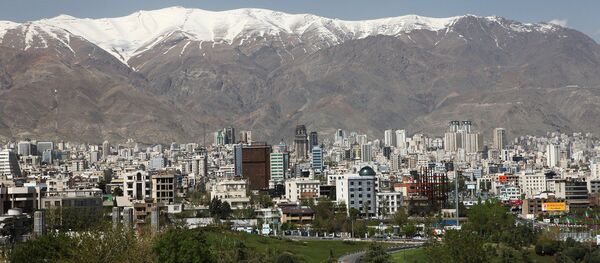Voters, and part of the Iranian establishment are dissatisfied with the results of the incumbent’s historic nuclear deal with the West, criticizing it for not doing more to alleviate international pressure on Iran. They also point to the US’ newfound aggression against the Islamic Republic ever since the inauguration of President Trump, and some voices believe that a more “hardline” leadership is necessary for Iran in order to defend against the next four-to-eight years of Trump’s Administration. On the other hand, Rouhani’s supporters are reminding the public of just how historic of an achievement it was that the nuclear deal was signed in the first place, and they promise that there will eventually be more tangible benefits to be had. Moreover, outside observers note that the Ayatollah and the country’s military-security echelons already exercise a lot of influence over Iran’s foreign policies, so it might be a moot point in this regard whether a reformist or principlist wins.
We are happy to welcome to our program Nader Talebzadeh, Iranian journalist, TV host, documentary and feature filmmaker. Later on Navid Nasr, independent geopolitical analyst (based out of Zagreb) stops by to share his view.
Want to sound off and share what you think about this? Send us an email at radio@sputniknews.com or find us on Facebook!
Have you heard the news? Sign up to our Telegram channel and we'll keep you up to speed!



